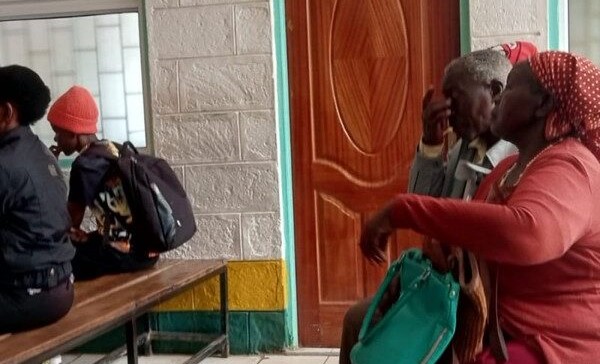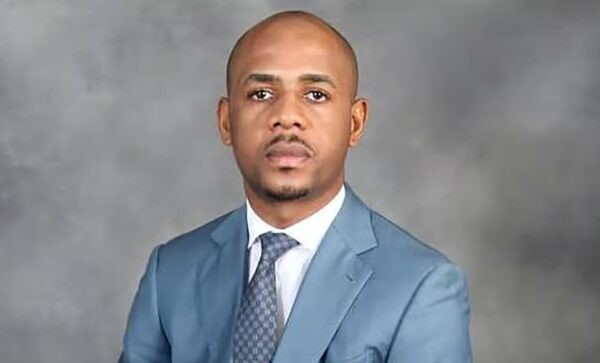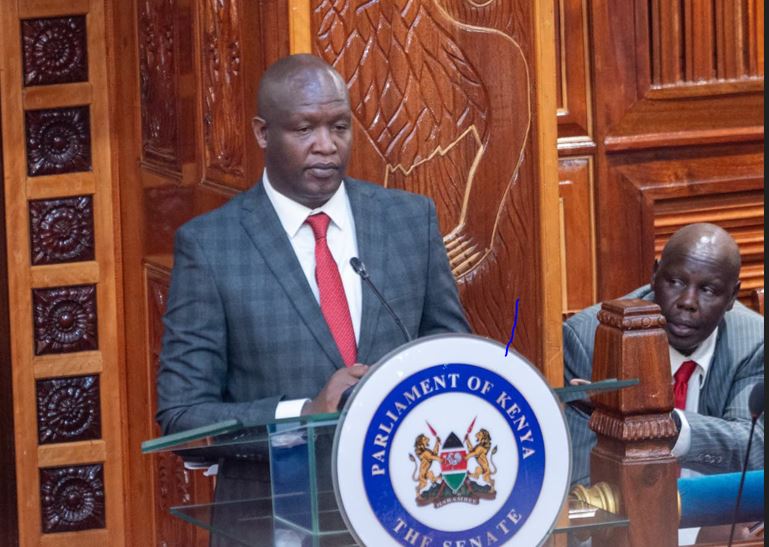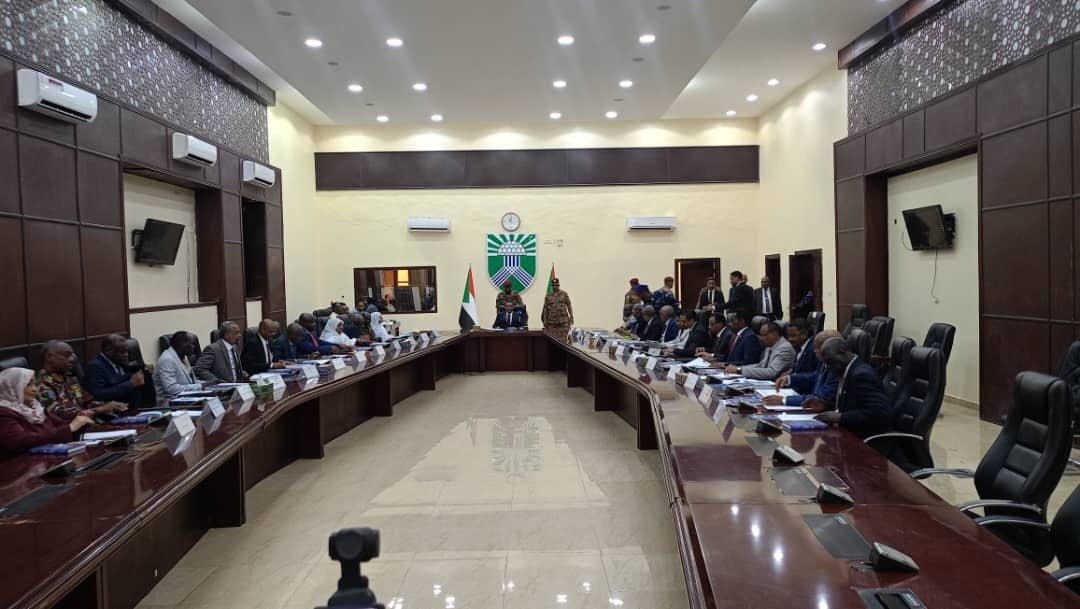Proposed Health Bill seeks to fine doctors Sh1 million for negligence
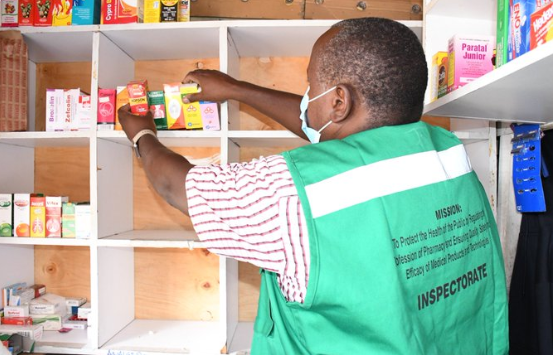
The proposed Health (Amendment) Bill, 2024, seeks to strengthen accountability in healthcare facilities by introducing stringent penalties for practitioners who cause harm to patients through negligence.
Medical negligence, including improper administration of medication, misdiagnosis, and botched surgical procedures, could now cost a doctor or medical staff member up to Sh1 million in fines or a two-year prison sentence if a new Bill before Parliament is enacted into law.
The proposed Health (Amendment) Bill, 2024, seeks to strengthen accountability in healthcare facilities by introducing stringent penalties for practitioners who cause harm to patients through negligence.
More To Read
- Over 700 non-compliant health facilities shut down, 301 downgraded in major crackdown
- Expired drugs pile up in county hospitals as patients go without medicine
- Over 900 healthcare workers killed across 36 countries in 2024 - report
- Ministry of Health wants Treasury to deduct health workers’ dues directly to fix access delays
- Explainer: Who are the striking UHC workers, and why are they protesting?
- Why patients' voices must be at the forefront of driving Kenya's healthcare reforms
The National Assembly’s Health Committee is championing the Bill, which aims to regulate the governance and management of teaching, referral, and research facilities.
It outlines medical negligence as the failure of healthcare professionals to meet their professional obligations, leading to harm. These include errors such as administering incorrect medication, failing to monitor patients properly, mishandling medical devices, and conducting surgical procedures improperly.
“A person, staff or agent of the facility who, by any act or omission done or committed in the performance of his or her functions under this Act through negligence, causes any harm to any patient, commits an offence and shall upon conviction be liable to a fine not exceeding one million shillings or to imprisonment for a term not exceeding two years, or to both,” reads the Bill.
Beyond medical negligence, the proposed law also seeks to penalise the unauthorised disclosure of confidential patient information.
“A person, staff or agent of the facility who by any act or omission done or committed in the performance of his or her functions under this Act, releases confidential information, publishes or discloses to an unauthorised person, any document, communication or information which has come to his or her knowledge in the course of performing his or her duties, commits an offence and shall upon conviction be liable to a fine not exceeding one million shillings or to imprisonment for a term not exceeding two years, or to both,” reads the Bill.
Intellectual property
Other offences under the Bill include theft of intellectual property, misuse of the facility’s official seal, and any actions that contravene the proposed law, all of which attract a similar penalty of a Sh1 million fine or a two-year jail term.
The Bill, sponsored by Health Committee chairperson Robert Pukose, defines a “facility” to include national referral hospitals, specialised medical centres, Level 5 secondary hospitals, Level 6 tertiary hospitals, and centres of excellence, as well as any other categories specified by the Health Cabinet Secretary.
At present, the Kenya Medical Practitioners and Dentists Union (KMPDU) primarily takes disciplinary action by revoking the practising licences of medical staff found guilty of misconduct.
However, the introduction of the Bill follows a rising number of medical negligence cases in the country.
Last week, the KMPDU revoked the licence of a medical practitioner accused of sexually assaulting a dialysis patient in Mombasa.
The suspect, who was released on a Sh500,000 bond with one surety of a similar amount, was identified as a clinical officer rather than a medical doctor. The union clarified that only dialysis nurses and renal physicians are qualified to handle dialysis procedures, not medical officers.
In a previous case in 2021, Kenyatta National Hospital (KNH) was ordered to pay Sh200,000 in damages after the family of a patient who died at the facility eight years earlier won a medical negligence lawsuit.
Justice Joseph Sergon upheld the ruling after KNH appealed the compensation amount, arguing it was excessive. The judge ruled that Senior Resident Magistrate Peter Muholi had not erred in determining the amount awarded to the family of Joseph Maina King’ori.
If enacted, the Bill is expected to introduce stricter oversight in the healthcare sector, holding medical professionals accountable for their actions and ensuring patient safety.
Top Stories Today




